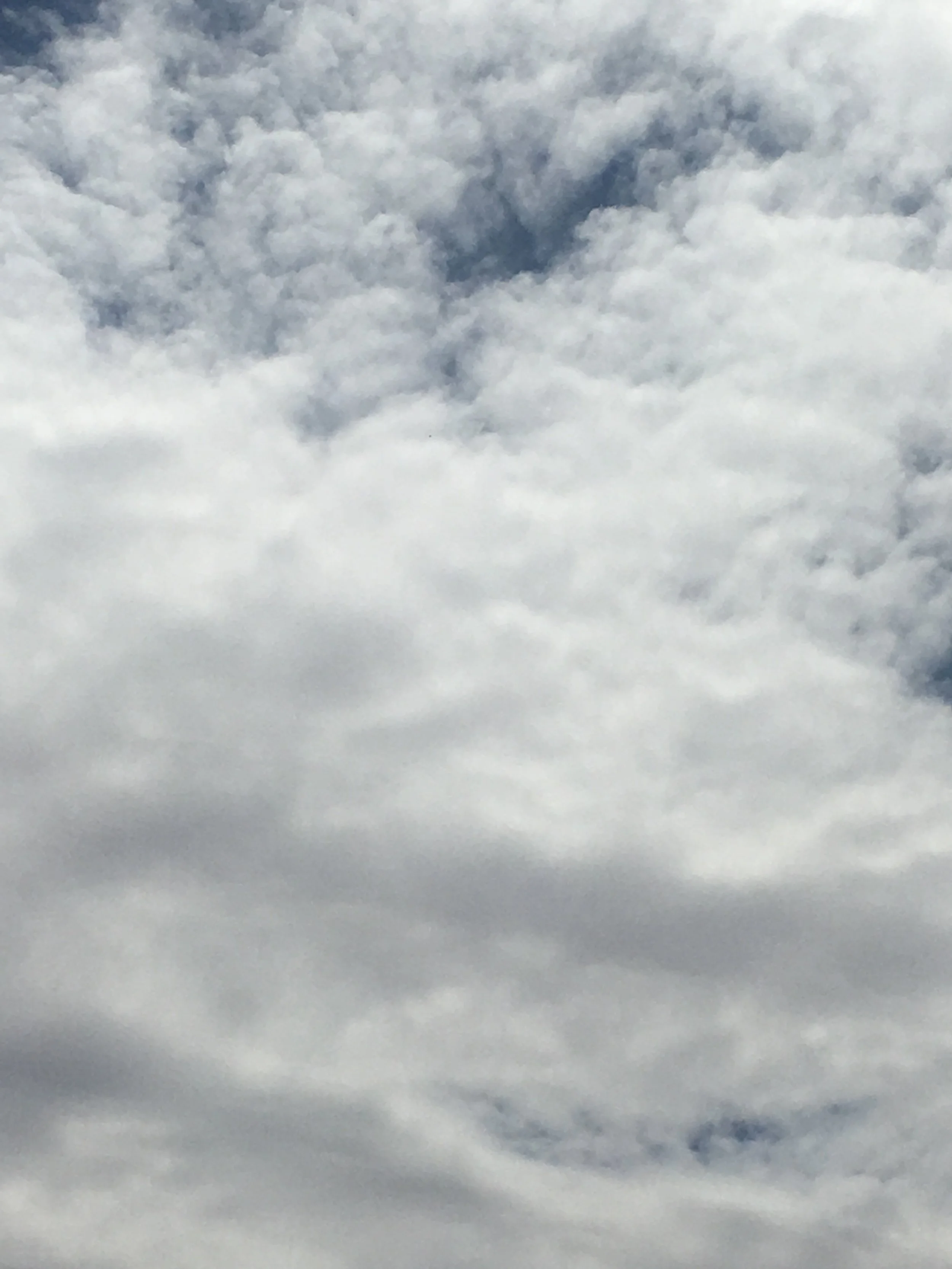In Portugal: Celebrating Early Childhood Education and Care (ECEC)
Twenty odd years ago, I was walking around with a microphone, passing it over to the audience member who wanted to ask a question (or, let's face it, ramble a 5 minute monologue with no interest in getting any answers). It was an annual meeting of APEI - the Portuguese Association for Early Childhood Education Professionals - and I was an undergrad student in early childhood education, happy to be helping my discipline by stacking chairs, straightening table cloths, folding programs, and, yes, passing the microphone around the audience after a keynote.
Today, I'm pleased to thank and acknowledge some of the women who have helped me developing my path in early childhood education in an article published by APEI, celebrating its 30th anniversary.
My contributions to the field have been taking many shapes over the years, mostly focusing on art, material explorations, ownership of learning, and play. I'm interested in the creation of possible spaces - physical, experiential, emotional, and intellectual! - between the fields of art, art education, and early childhood education and care. I do my share of keynoting and lecturing, and I still happily pass the mic around and listen.
Many of my fellow contributors to the APEI anniversary edition were at that same conference two decades ago. A few also wrote articles for this same issue, and their work is still just inspiring to me as it was then. You can read my article, Oferecer, ouvir, e responder: Explorações artísticas com crianças pequenas? here.
As I write about my studio work with the young children I teach, I reflect on the role of the teacher as a listener; as someone who provides challenges, support, and opportunities; as someone who - in Graeme Sullivan's words - builds her own redundancy.
I aim to let my students, children and adults, create their own paths through the worlds of art and learning - just as so many people keep helping me creating mine.

